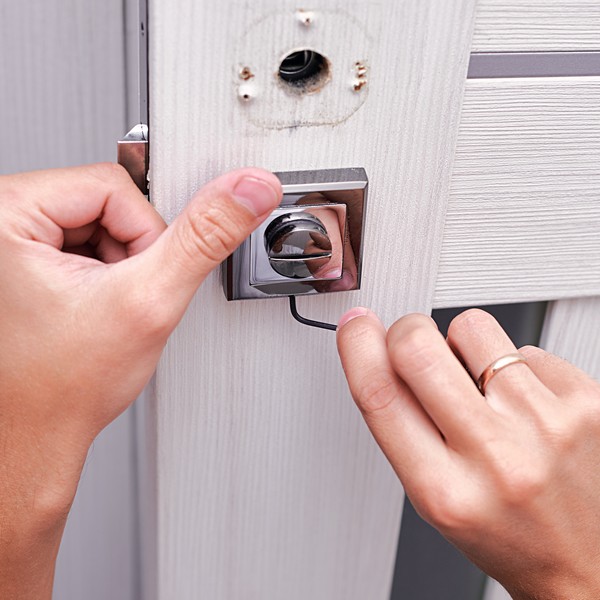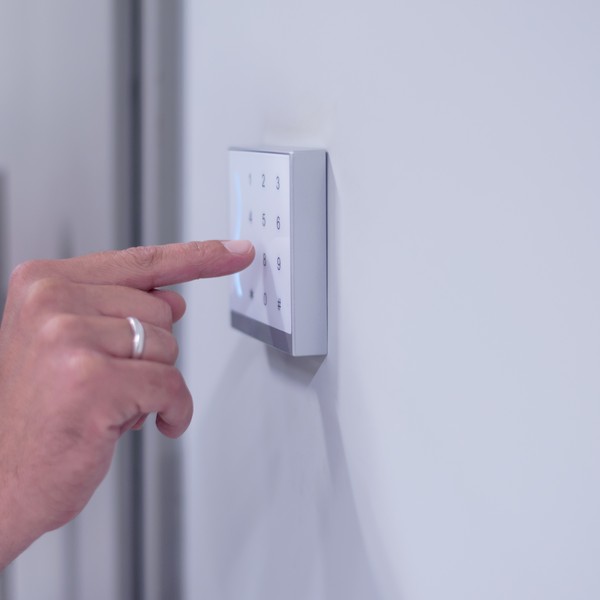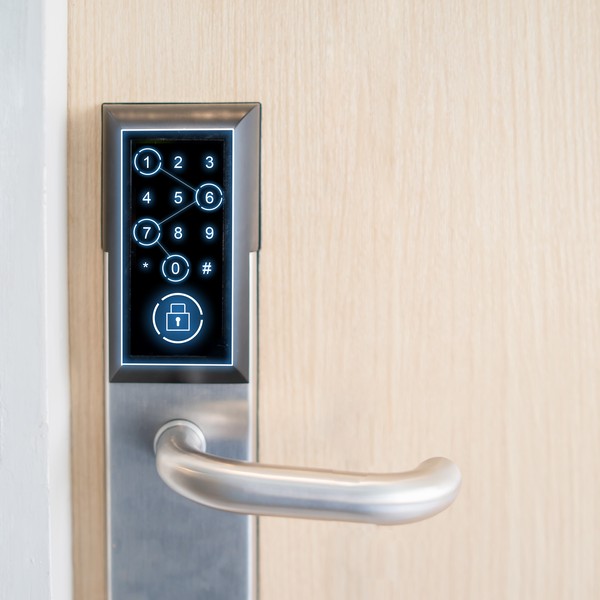Locks are the first line of defense for any property, whether residential or commercial. While most people rely on locks daily, few consider the importance of regular inspections. Routine checks performed by an experienced locksmith can identify potential vulnerabilities and ensure that locks are functioning optimally. For property owners in Charleston, regular inspections by a local locksmith provide peace of mind and prevent unexpected security issues.
Why Are Regular Lock Inspections Necessary?
Locks undergo wear and tear over time, which can compromise their effectiveness. Regular inspections help maintain their performance and prevent small issues from escalating into major problems.
Identifying Wear and Tear
Daily use can cause internal components to degrade. Catching these signs early ensures that locks are repaired or replaced before they fail.
Enhancing Property Security
Outdated or damaged locks are more susceptible to tampering. Inspections help ensure your property is secured against modern break-in techniques.
Maintaining Compliance for Businesses
For commercial properties, regular lock inspections may be required to comply with safety regulations. Ensuring locks meet local standards protects both employees and assets.
Common Issues Found During Lock Inspections
Lock inspections often reveal problems that might otherwise go unnoticed.
Loose or Misaligned Components
Locks and door hardware can become loose over time, affecting their functionality and security.
Corrosion or Rust
Exposure to moisture can cause rust, which weakens the lock and makes it difficult to operate.
Stiff or Jammed Locks
Debris or lack of lubrication can lead to locks becoming stiff or jammed, increasing the risk of lockouts.
Outdated Technology
Older locks may lack modern security features, such as drill resistance or anti-pick technology.

The Process of a Professional Lock Inspection
When you hire a locksmith for a lock inspection, they follow a thorough process to evaluate your security.
Visual Assessment
The locksmith begins by examining the exterior of the locks, checking for visible damage, rust, or wear.
Functional Testing
Each lock is tested to ensure it operates smoothly and securely. Issues like stiffness or misalignment are addressed during this step.
Security Evaluation
The locksmith assesses whether the locks meet current security standards and recommends upgrades if necessary.
Recommendations and Repairs
If any issues are identified, the locksmith provides solutions, such as repairs, rekeying, or replacing outdated locks.
Benefits of Regular Lock Inspections
The advantages of routine lock checks go beyond just maintaining functionality.
Preventing Lockouts
Regular maintenance reduces the likelihood of being locked out due to malfunctioning locks.
Prolonging Lock Lifespan
Addressing minor issues early prevents further damage, extending the life of your locks.
Cost Savings
By identifying problems early, you avoid the higher costs of emergency repairs or lock replacements.
Enhanced Security
Inspections ensure that locks are up to date and capable of withstanding modern break-in techniques.

How to Schedule Regular Inspections
Maintaining a routine lock inspection schedule is simple with the help of a local locksmith.
Choose a Reliable Locksmith
Work with a professional locksmith who has experience with both residential and commercial properties.
Set a Maintenance Schedule
For residential properties, annual inspections are typically sufficient. Businesses may require more frequent checks, depending on usage and security needs.
Combine with Other Services
Pair inspections with other maintenance tasks, such as rekeying or upgrading locks, to maximize efficiency.
Keep Records
Maintain a log of inspections and repairs to track the condition of your locks and ensure timely maintenance.
DIY Lock Maintenance Between Inspections
While professional inspections are essential, homeowners and business owners can take steps to care for their locks between visits.
Regular Cleaning
Remove dirt and debris from locks with a soft cloth to prevent jamming.
Lubricate Locks
Apply a graphite-based lubricant to keep locks functioning smoothly. Avoid oil-based products, which can attract dirt.
Test Keys
Ensure keys turn smoothly and don’t stick. If a key shows signs of wear, consider getting a replacement.
Check Weatherstripping
For exterior locks, inspect weatherstripping to prevent water and debris from entering the lock mechanism.

Upgrading Locks After Inspections
If an inspection reveals that your locks are outdated or compromised, upgrading is the next step.
High-Security Locks
Modern locks offer features such as drill resistance, anti-pick mechanisms, and restricted key duplication.
Smart Locks
For added convenience, consider upgrading to smart locks that allow remote access and monitoring.
Biometric Locks
Biometric systems use fingerprints or facial recognition for enhanced security.
Master Key Systems
Businesses can improve access control by installing a master key system, which allows different levels of access for employees.
Common Myths About Lock Inspections
Despite their importance, misconceptions about lock inspections can prevent people from taking advantage of this service.
“Locks Don’t Need Maintenance”
Like any mechanical system, locks require regular care to function properly and ensure security.
“Replacing Locks Is Always Better”
In many cases, rekeying or repairing locks after an inspection is more cost-effective than replacing them.
“Inspections Are Only for Businesses”
Lock inspections benefit both homeowners and businesses by identifying vulnerabilities and improving security.
“DIY Checks Are Enough”
While DIY maintenance is helpful, professional inspections provide a deeper evaluation and identify issues that might be missed.
Conclusion
Regular lock inspections are a vital part of maintaining property security and ensuring that locks function effectively. By identifying potential issues early, inspections save time, money, and stress while enhancing safety. For property owners in Charleston, working with an experienced locksmith ensures that your locks are always in top condition. Schedule your inspection today to enjoy peace of mind and long-lasting security.